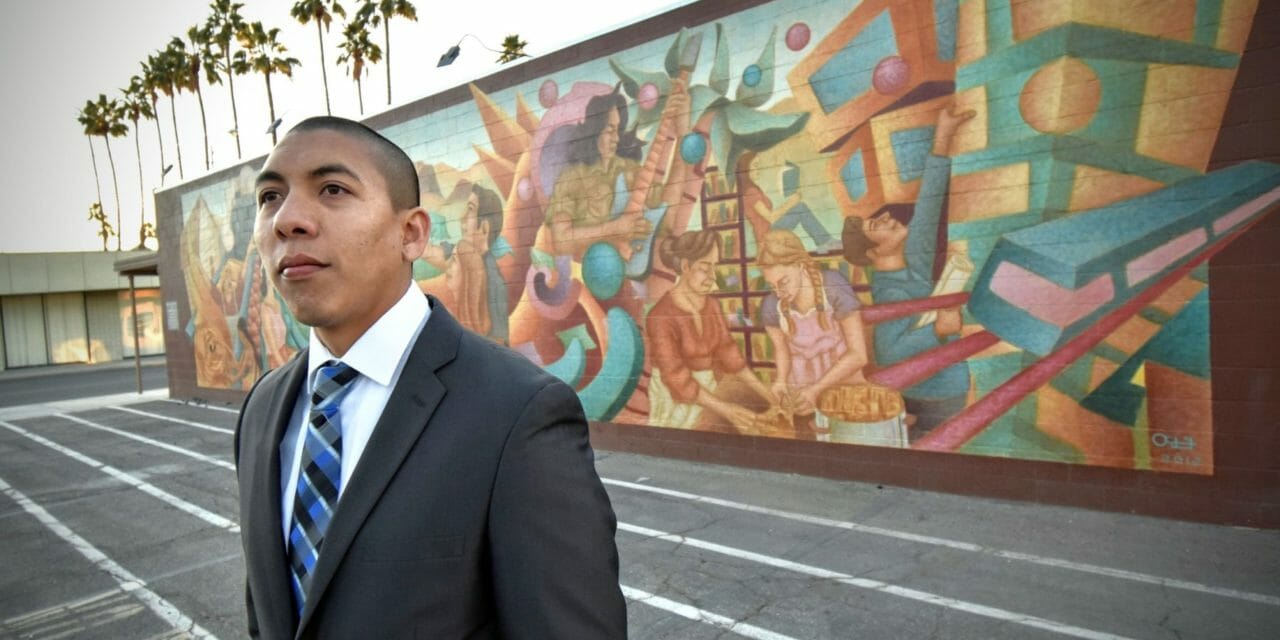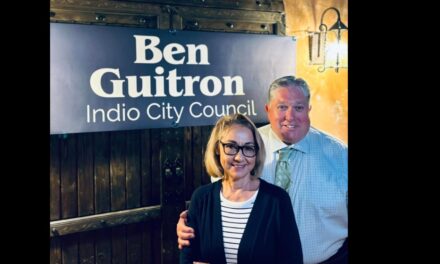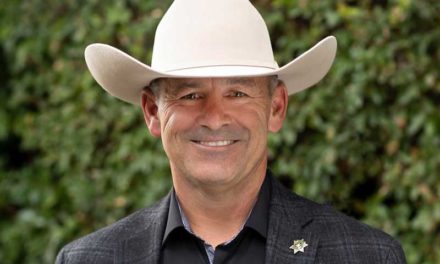INDIO – At 28, Oscar F. Ortiz is the youngest candidate this year seeking a seat on the City Council. Don’t let his youth fool you. He is a graduate of Stanford University and says he works as a chemist and consultant.
No stranger to Indio, he has lived in the community for 17 of his 28 years.
There are two seats open on the City Council in the November election. Each seat is a four-year term.
- In District 2, incumbent Michael H. Wilson is challenged by Waymond Fermon
- In District 4, incumbent Troy Strange is being challenged by political newcomer Ortiz.
- Councilmember Elaine Holmes is unopposed in her bid for re-election.
Candidates all received identical questions. Following are the questions and responses from Ortiz.
Uken Report (UR): Are you liberal or conservative and what does that mean?
Oritz: I don’t really care much for those labels, especially in local politics. Our residents want to know our answers for specific issues and they want to know that they’re the priority. Labeling ourselves as “this or that” has been detrimental to the state of our politics, in my opinion. Focusing our conversation on community issues has allowed us to gain support from residents from all parties and all walks of life so far in our campaign.
UR: Why specifically are you running?
Ortiz: I love working with the people in my community and I love studying and I want to use my education and experience for the benefit of the people. I see a need for better representation for our lower income communities in Indio. I also see a need for better community engagement; and we’re showing people how it can and should be done through our campaign efforts.
UR: What is the single biggest issue facing Indio, why and what are you doing – or will you do – to correct it?
Ortiz: Poverty is the biggest issue in Indio. Many of our residents can’t afford the rising costs of housing and healthcare and could face displacement. We’ve been doing some calculations with our residents’ information, and a family of 3 would need both parents to make at least $20 an hour 40 hours a week just to meet their basic needs with a 2 bedroom apartment.
That doesn’t include clothing, going out to eat, healthcare expenses not covered by insurance, car maintenance, or any other expenses that may come up. That $20 an hour for both parents correlates to about $75,000 for the household, and our city data shows that 75% of our residents don’t make that kind of money.
This equation doesn’t make sense. 50% of our residents won’t be able to make ends meet, but also won’t be able to qualify for assistance programs. Our job is to fix the equation.
We can do this by bringing in better paying jobs and providing more training programs for better paying jobs.
But until we can do that successfully, we need to find funding for social programs that will keep our residents from being displaced from their homes.
This can be in the forms of business incentive programs for locals, affordable housing programs for locals, food assistance programs, healthcare assistance programs, etc.
UR: Where (in what area) do you think you can make the biggest difference?
Ortiz: I believe I can make the biggest difference in community engagement. I know what it’s like to live in our neighborhoods and attend our schools. I know that it’s like work hard labor, work retail, teach, start a business… I’ve seen the obstacles in District 4 firsthand and the residents we talk to can see that we share their same concerns and are really working to understand their issues and deal with them efficiently. I want to have office hours, door-knocking, phone banking, and social media efforts to keep the community engaged and to keep tailoring our public policy to the needs of the residents.
Image Sources
- Oscar Ortiz: Oscar Ortiz







